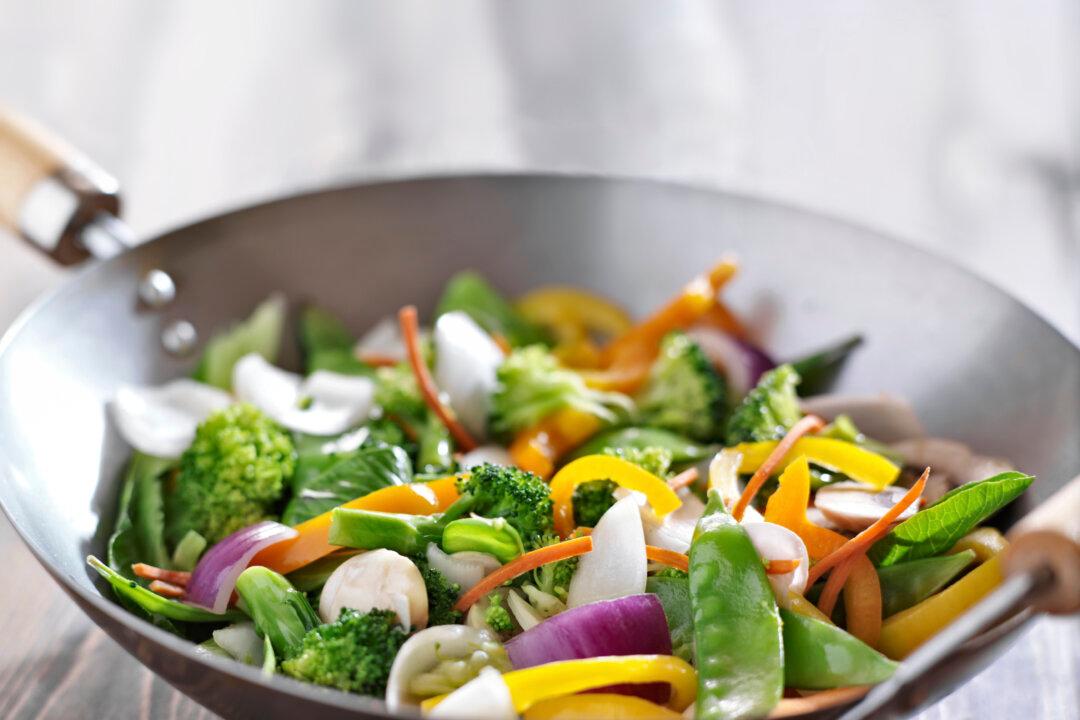We all want to feel our best—to have bright eyes and a bushy tail. Whether we’re squirrels or humans, one important component of feeling good is having good energy. There’s nothing worse than dragging yourself through the day feeling exhausted and ready to collapse into bed the moment you get home.
In Chinese medicine, having plenty of energy is a sign of good health, and that energy is made from the food we eat. (Also from the air we breathe, but I'll save that for another post.) For the most part, we eat well and think we’re covered. Unfortunately, if you aren’t digesting well, it makes it hard for your body to convert food into fuel/energy. Many people are unaware that their digestion is not up to par. They say they digest their food well, but complain of heartburn, rumbling, bloating, gas, constipation, and/or diarrhea–all signs of poor digestion.
Practitioners of Chinese medicine view food as medicine that you get to eat three times a day, and digestion as important to your health as the food you’ve eaten. According to Bob Flaws, author of The Tao of Healthy Eating, the digestive process like a pot of nutritious soup in your body simmering over a low flame. Foods that are added to the soup can enhance or dramatically hinder how well it cooks. For example, if you add ice cold foods (the 24. oz Mister Freezee) to the soup, it will dampen the flame and the soup will stop cooking. This ultimately takes energy to bring the soup back to the simmering point. The same is true for a lot of raw fruits and vegetables, especially if you have digestive problems. Rather than enhancing your energy level, eating the wrong foods can actually contribute to fatigue. A better plan is to “predigest” foods, if possible, by cooking them slightly first, to make the nutrients more available and enhance your energy.






